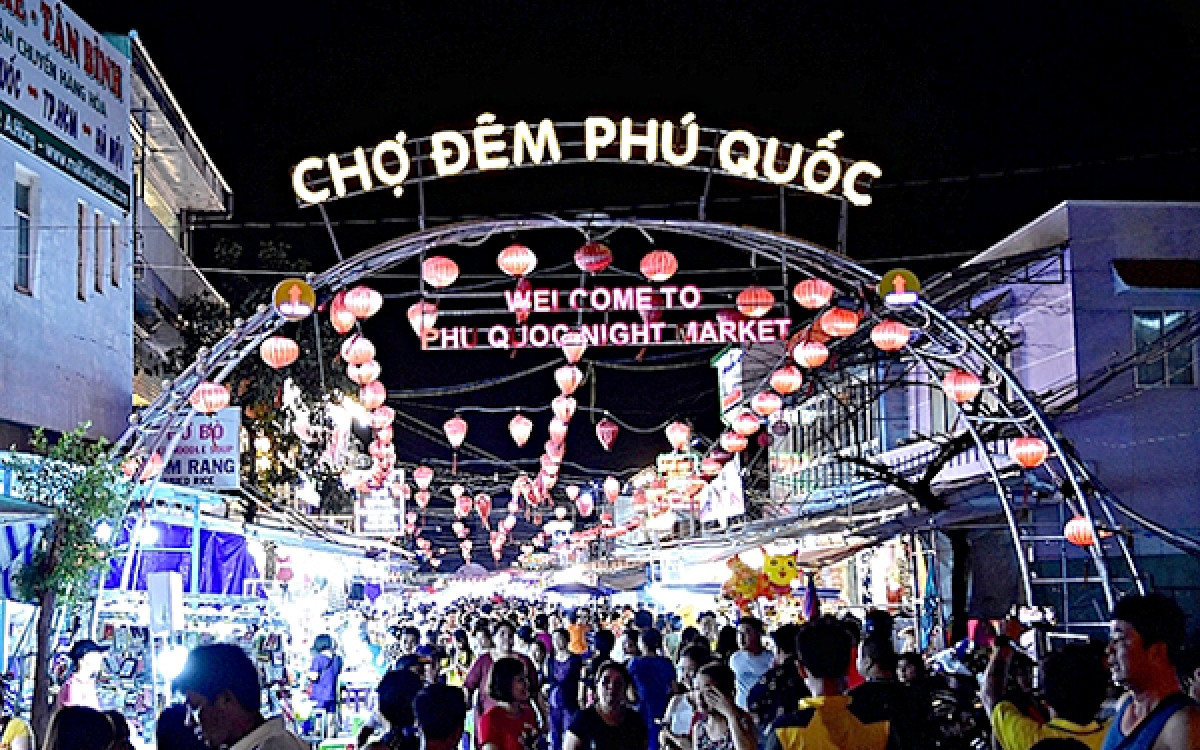
The question-and-answer session of the National Assembly became heated on June 5 when deputies asked Minister Hung about ways to keep pace with Thailand’s tourism services.
Tourism infrastructure and visa policy to be further considered
Deputy Nguyen Manh Hung of Can Tho city asked why Vietnam has lost out to Thailand in a race to attract international tourists, though its cultural and natural indicators are higher than the neighbouring country, according to the Travel and Tourism Development Index 2024 recently released by the World Economic Forum.
He also pointed to the fact that Thailand aims to receive approximately 40 million international tourists and earn US$98 billion from tourism services this year, accounting for 12% of GDP, while Vietnam has set a target of welcoming 18 million international visitors and bringing in US$20 billion in revenue, or 5% of GDP.
In response, Minister Hung stated that the Prime Minister has requested the Ministry of Culture, Sports and Tourism work towards improving Vietnam’s tourism rankings globally.
In his opinion, it is necessary to maintain the country’s high-ranking indicators such as price competitiveness, safety, security, natural resources, and culture. For low-ranking indicators such as tourism infrastructure, health care, hygiene, environmental sustainability, level of openness, and socio-economic impact on tourism, he said that the Ministry has made proposals to the Government for coordination in various industries as tourism is an integrated economic industry.
“We strongly support localities and specially businesses like SunGroup and VinGroup in developing tourism infrastructure, to create attractive products,” said Minister Hung, pointing to the fact that his Ministry is not entitled to decide on investment projects relating to tourism infrastructure.
In terms of the visa waiving policy which is considered to be an important tool for attracting travelers, Minister Hung said the National Assembly has revised relevant laws aimed at further opening the tourism market and spurring forward tourism development. He revealed that the Ministry has asked the Government to evaluate the overall visa policy, whilst also devising priority solutions on the basis of the principle of reciprocity.
“We will also consider the openness of our visa policy, but this must be done cautiously, carefully and effectively,” he stressed.
Human resource training to be done priority
Deputy Huynh Thi Anh Suong of Quang Ngai province raised a question about the shortage of human resources in the tourism industry which she said does not meet practical needs. She therefore asked the Minister to present solutions aimed at improving the level of tourism human resources, especially high-quality staff.
In response, Minister Hung admitted that human resources in the tourism industry are in short supply. He cited reports indicating that due to staff shortages several travel agencies and tourist attractions have hired sub-standard tour guides that provided incorrect information about local culture and history.
The Minister said that ensuring high-quality human resources in the tourism industry not only helps to attract international visitors, but also contributes to enhancing the reputation and image of Vietnamese tourism on the world tourism map.
To address the shortages, he emphasised the need to focus on diversifying training models whilst improving knowledge for tourism workers. He also suggested organising skills competitions to ensure tourism workers meet vocational standards in ASEAN.
Night-time tourism to be promoted

Vu Thi Lien Huong, deputy director of Quang Ngai province, said Vietnam has many conditions to develop its night-time tourism. However, current night tourism products are not diverse and not unique enough to attract and retain tourists, not to mention creating potential risk of social evils.
Responding to the deputy’s question, Minister Hung said his Ministry has picked out 12 cities and provinces to develop some night-time tourism products on a trial basis and the scheme has so far recorded encouraging results. Hanoi, Ninh Binh, Ho Chi Minh City, and other localities have created many night-time tourism products which attract and meet the needs of tourists.
However, he stated that this is also a new and difficult development model that needs the engagement from a score of economic industries. He said his Ministry has put forward some solutions regarding planning, workforce, and policies for performances and market research.
“The Ministry of Culture, Sports and Tourism will suggest a number of product groups based on each local culture to meet visitors’ shopping needs. This issue needs further research and a roadmap is needed to ensure the effectiveness of the night-time tourism development model,” he said.
The Minister also encouraged localities to expand the model, taking into account product diversity, as well as security and safety factors.
VOV